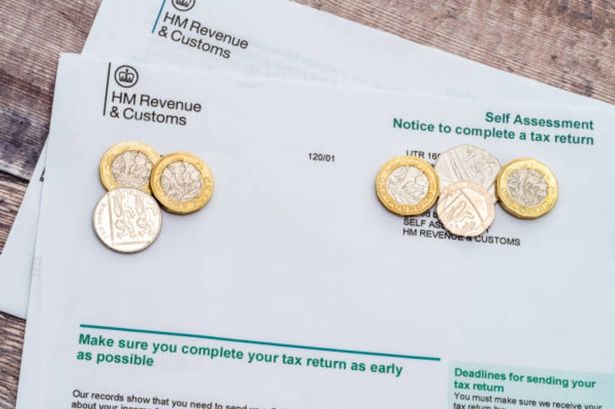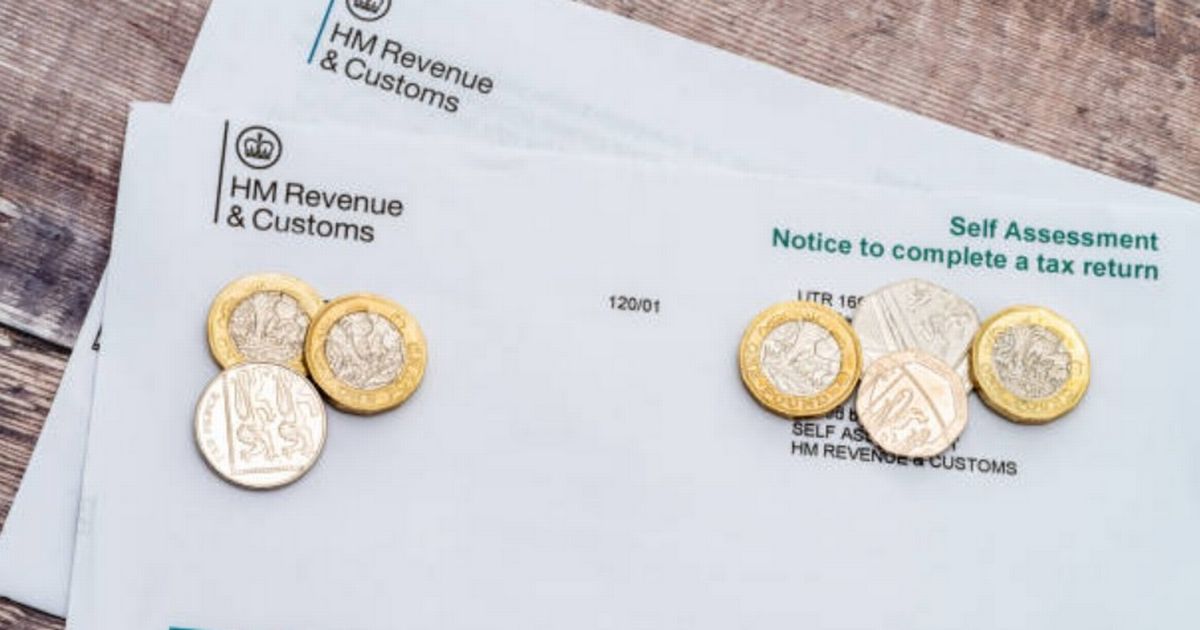As it stands, the HMRC personal allowance of £12,570 is the standard amount most workers can earn before paying income tax on employment or pension income. As it stands, the HMRC personal allowance of £12,570 is the standard amount most workers can earn before paying income tax on employment or pension income.
As it stands, the HMRC personal allowance of £12,570 is the standard amount most workers can earn before paying income tax on employment or pension income.
Millions could earn up to £18,570 without paying tax thanks to a little-known savings loophole. As it stands, the HMRC personal allowance of £12,570 is the standard amount most workers can earn before paying income tax on employment or pension income.
But savers may qualify for up to £5,000 through the starting rate for savings, which applies specifically to interest earned on savings accounts and investments. To receive the full £5,000 benefit, individuals must have total income from work or pension below £12,570.
The final element is the personal savings allowance, which provides an additional £1,000 of tax-free savings interest. When combined, these three allowances create the potential maximum tax-free income of £18,570 annually.
READ MORE Santander handing £500 spending money to certain customers going on holiday
HMRC explains: “How much Income Tax you pay in each tax year depends on how much of your income is above your Personal Allowance and how much of your income falls within each tax band.”
The current tax year is from 6 April 2025 to 5 April 2026. Your personal allowance goes down by £1 for every £2 that your adjusted net income is above £100,000. This means your allowance is zero if your income is £125,140 or above.
You may be able to earn more before you start paying Income Tax if you claim Blind Person’s Allowance. This tax-free allowance is added to your Personal Allowance.
Check your Income Tax to see your Personal Allowance and tax code and how much tax you’ve paid in the current tax year as well as how much you’re likely to pay for the rest of the year.
You have tax-free allowances for savings interest and dividend income, if you own shares in a company. You may also have tax-free allowances for your first £1,000 of income from self-employment – this is your ‘trading allowance’.
You also have tax-free allowances for your first £1,000 of income from property you rent (unless you’re using the Rent a Room Scheme). You pay tax on any interest, dividends or income over your allowances.
You may be able to claim Income Tax reliefs if you’re eligible for them, too.
